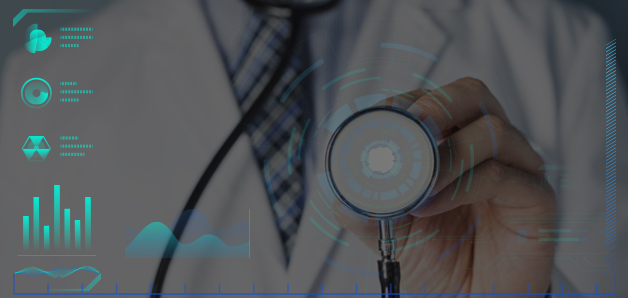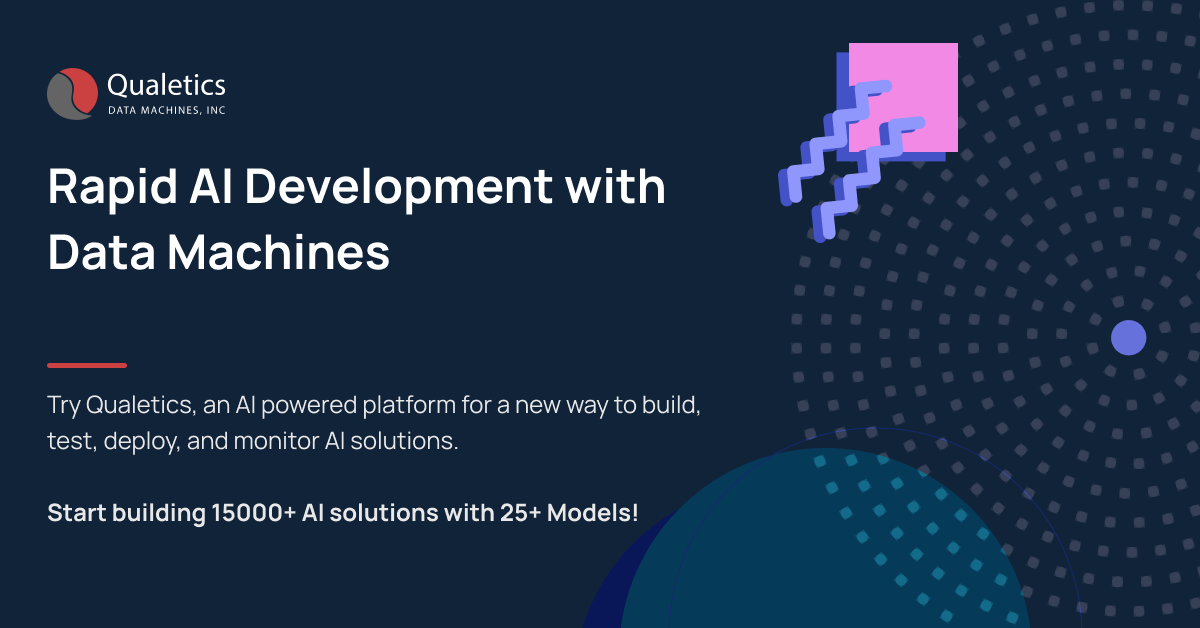5 ways Data Intelligence is disrupting Healthcare
Data intelligence is driving the next wave of revolution in healthcare. As providers adopt a more holistic data-centric approach, it will lead to better treatment outcomes, personalized treatment, and preventive interventions.
One of the disruptive trends to watch in recent times is the way data is being democratized in the healthcare industry. From a siloed approach to the use of technology and data, we are now witnessing data-driven value creation across the ecosystem. As new data technologies with advanced intelligence capabilities emerge healthcare companies now have an opportunity to better capitalize on data, innovate patient care and drive profitability while managing growing risks in patient privacy and data security.
Here’s how data intelligence in healthcare will be disruptive –
1. Preventive Healthcare
The best way to cure is to recognize threats early and take preventive actions. In the last few years, the industry has gained capabilities to collect and track individual data through wearables and other monitoring devices. Data Science like AI and Machine Learning, today extends those capabilities into creating predictive models that can accurately predict health risks in an individual and facilitate preventive intervention from providers. By harnessing historical data and genetic information, today it is possible to predict and prevent chronic heart conditions, Autism meltdown, etc.
2. Data-driven Diagnosis
Every year, an estimated 40,000 to 80,000 patients die due to diagnostic errors in the US alone. Today data science technologies have enabled applications such as medical image analysis and pathology reports to read with high accuracy. Data models and systems can be built to read and interpret X-rays, MRIs, mammographies, etc., and identify patterns, and detect diseases. This will not only help physicians in diagnosing accurately but will boost their productivity.
3. Personalized Treatment
There’s growing learning in the industry that a one-size-fits-all approach to treatment and medicines is not working. Advancements in gene technology and capabilities to track individual data is facilitating personalized care with precise medication. Machine Learning and Deep Learning driven algorithms can now assist a physician in ascertaining whether a particular drug will work on an individual based on his past medical history, gene markup, and recent data.
4. Post Care & Home Care
Healthcare companies are under pressure from insurance providers on improving treatment outcomes to reduce readmissions. Shortages of beds in some countries are resulting in longer home care. Data science and intelligence can help greatly in addressing these issues by helping physicians remotely track their patients’ vitals, get alerts when the situations worsen and make interventions when necessary.
5. Clinical Trials and Drug Discovery
Clinical trials and drug discovery take years and are investment-intensive processes. Data intelligence solutions can help researchers in analyzing a vast set of data and can build simulation models to run various tests. It can also help medical researchers in text mining to automatically review thousands of online resources, perform analytical processing at high speed to deliver desired information. The applications of data science in clinical trials will shorten discovery time and save money.
Data science and intelligence will significantly impact the future of the healthcare industry by providing organizations with advanced capabilities to improve care, achieve better treatment outcomes, enhance patient experience while making new breakthroughs in drug discovery. It’s just the beginning.
Is your organization looking to adopt data science and intelligence? We have a simpler, cost-effective, and quick solution in Qualetics. It is an on-demand Data Intelligence platform that helps organizations leverage deep data science technologies like AI, Machine Learning, Deep Learning, etc., without the barriers of time, investments, and resources.
Watch this video to know more about it-


